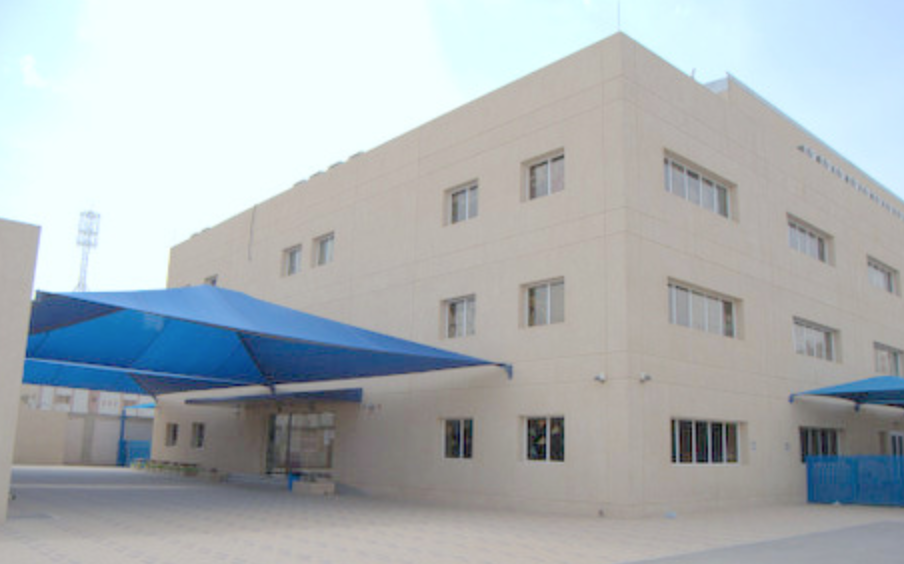
More than 44,000 schools projected to be set up by 2020
As part of a school construction project across the GCC region, more than 44,000 new schools are expected to be built in the Kingdom by 2020. In totality, the project will involve the construction of 50,000 new schools throughout the Gulf region over the next four years. This project comes as public and private investors seek to capitalise on the booming education sector in the region.
According to a GCC Education Industry report published by Alpen Capital, organizers of the upcoming International and Private Schools Education Forum (IPSEF) in the Middle East have noted that this massive construction effort will address the rapidly-growing school-age population in the region, which is expected to reach 15 million by 2020.
“Experts estimate that about 51,000 schools will be needed by 2020 to accommodate the growing demand for schools throughout the GCC region,” concluded Rhona Greenhill, co-founder of IPSEF. The industry report noted that 41,678 schools will be established in the GCC's public education sector, while 9,301 schools will be established in the private education sector to meet these targets.
In terms of the number of schools expected to be built, 44,441 new schools will be constructed in Saudi Arabia, followed by 2,054 in Oman and 1,497 in Kuwait. Meanwhile, the United Arab Emirates (UAE) will build 1,406 schools, followed by Qatar with 1,107 and Bahrain with 503.
In order to meet the rising challenges in school provision in the region, stakeholders from both the public and private sectors are expected to implement increased government spending and long-term development strategies. For example, in Saudi Arabia, the UAE and Oman, federal governments have allocated more than 20 percent of their total budget for 2016 — or SR191.7 billion ($51.5 billion) — to the education sector. This figure is even higher than in the majority of developed countries around the world, including the United States, United Kingdom and Germany.
In consideration of the fact that almost 50 percent of the Kingdom's population is under the age of 25, the government has invested considerable effort in the development of the education sector by providing scholarships to students, offering grants to universities, supporting and sponsoring students to pursue international education, and promoting vocational education. Yielding impressive results, this clear focus on educational values in the Kingdom has improved the country's adult literacy rate considerably over the past fifteen years, increasing it from 79 precent in 2000 to almost 95 percent in 2015.
“With the international and private school markets continuing to grow, and as competition increases, it is increasingly critical that schools and investors planning to open new operations in education develop strategies for success. To assist in this regard, IPSEF provides a unique reference point for all those involved in the financing, planning, design, delivery and management of a new school project. By bringing together the diverse community involved in a new operation, IPSEF aims to provide participants with not only valuable case studies of schools from across the MENA region but also with a host of contacts that will enable them to plan their project with confidence,” Greenhill concluded.


























